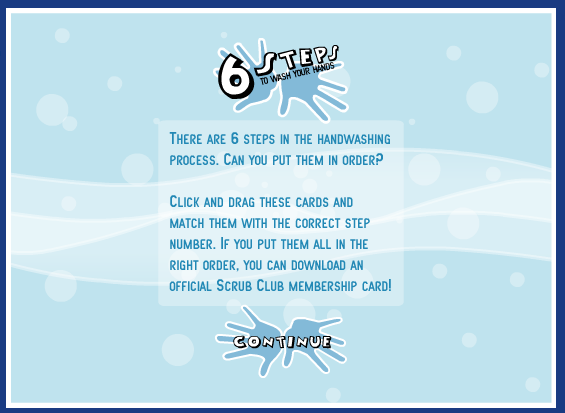
Skip section navigation (navigation may have changed)
Section navigation
Fighting germs

It may sound kind of disgusting, but germs are everywhere. They are so small that you can’t see them, but they can have a big effect on your body.
There are four different types of germs: bacteria, viruses, fungi, and protozoa. They can cause minor infections, such as the common cold, and ones that can put your life in danger, such as HIV.
The good news is that you can take steps to help protect yourself. Try these germ-busting tips:
Wash your hands. There are lots of important times to wash up, including:
- After using the bathroom
- After blowing your nose or coughing
- After touching animals, even your pets
- After gardening
- Before and after spending time with someone who is sick
- Before and after preparing foods
- After playing sports or handling sports equipment
And remember, that’s using soap and warm water for at least 20 seconds before you rinse!
Check that you’ve gotten the vaccinations you need. Talk with your parents/guardians or doctor about making sure you’ve had the vaccines you need. Want to learn more?
- You can take a quick quiz to see which vaccines are right for you.
- Visit vaccines.gov for lots of information, including what to expect when you get a shot.
- If your family is concerned about paying for vaccines, they can learn about how to get help.
If you are sexually active, use latex condoms. Latex condoms can work very well to help protect against some diseases that are spread by sexual contact and reduce the chances of getting others. Abstinence is the best way to avoid pregnancy and sexually transmitted diseases (STDs, also known as sexually transmitted infections, or STIs).
Do not share needles or other items used for drugs, tattoos, or piercings. Things like dirty needles and drug equipment may let germs into your body that can cause infections like HIV or hepatitis. (You can’t tell if these things have germs just by looking at them.) Learn more about the connection between drugs and HIV.
Content last reviewed April 15, 2014
Page last updated June 13, 2014








